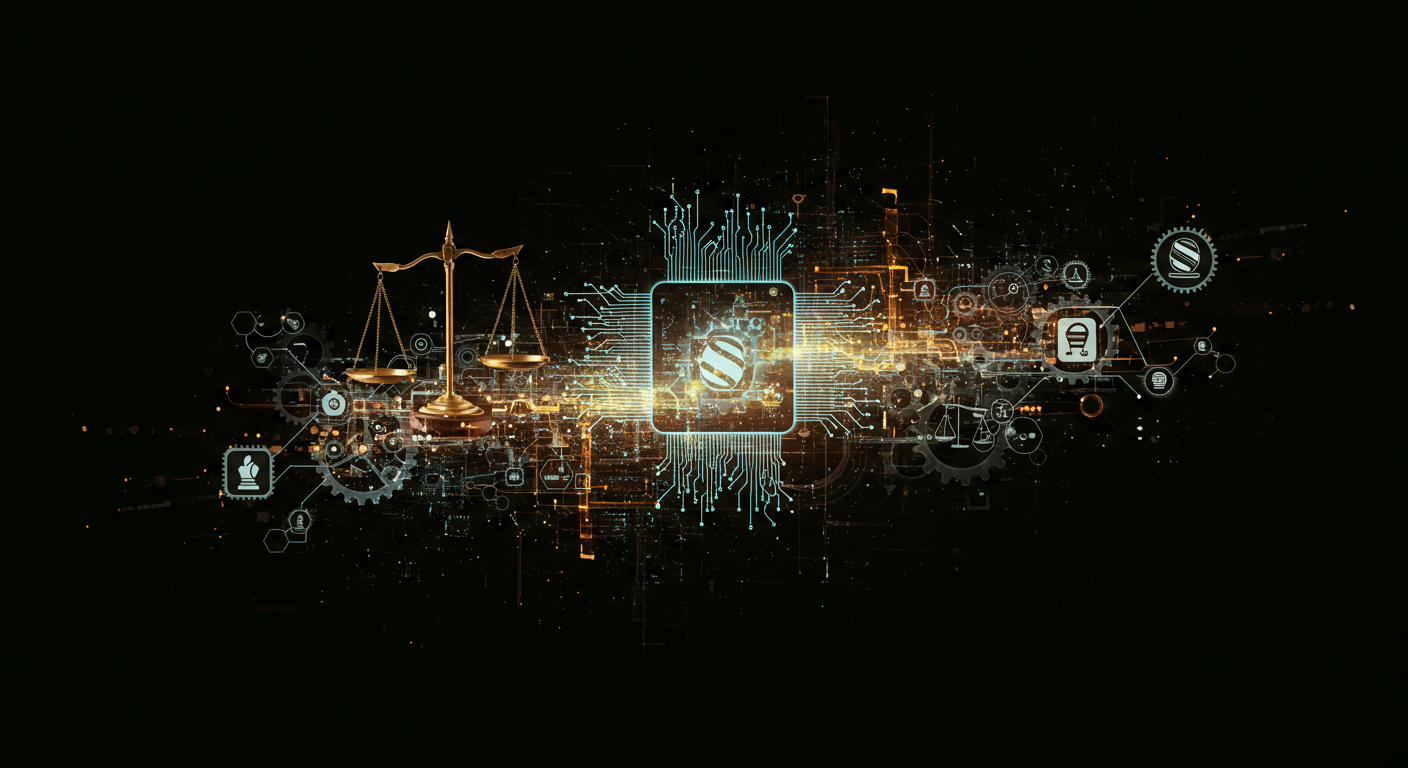The rise of legal technology promises to revolutionize the way law firms and in-house teams handle their day-to-day operations. While general-purpose AI models like ChatGPT have captured the public’s imagination, they often fall short in specialized domains where accuracy and compliance are paramount. Junior Associate’s specialized large language model, JAX, exemplifies why training on legal datasets can be a game-changer.
Why General AI Tools Struggle in Legal Contexts
General AI tools—such as ChatGPT, Copilot, and others—are typically trained on massive but broad datasets. While this approach enables them to generate coherent responses in diverse scenarios, it can leave critical gaps when addressing legal questions. They might:
- Overlook jurisdiction-specific statutes
- Produce content lacking standard legal structures
- Provide incomplete or ambiguous references to case law
For law firm automation, these oversights can undercut the efficiency gains AI is meant to provide, while also increasing the risk of misinterpretations—highlighting the need for solutions that integrate compliance and domain expertise from the outset.
How Specialized Training Changes the Game
- Depth of Knowledge
Custom AI training geared toward legal applications ensures the model is fluent in case law, statutory interpretation, and the latest court rulings. This specialized foundation aligns outputs with professional standards, a priority also underscored by the American Bar Association in its technological guidelines and resources.
- Accuracy and Reliability
Legal AI models like JAX are designed to reduce factual errors, jurisdictional missteps, and misinterpretations. By emphasizing legal datasets, JAX delivers precise, context-aware insights that lawyers and legal teams can trust. For additional insight into domain-specific AI models, see our piece on achieving higher accuracy through specialized training.
- Security and Compliance
Handling sensitive information calls for robust privacy and security measures—core tenets that specialized models respect. They’re built with compliance in mind, directly addressing the ethical and confidential aspects pivotal to the legal industry.
- Time and Cost Savings
Beyond accuracy, specialized models excel at process automation. By handling tasks like document review, contract drafting, and legal research, these tools free professionals to focus on strategy rather than repetitive or menial tasks.
JAX: Built for the Legal Industry
What sets Junior Associate’s LLM apart is its dedicated training on legal precedents, legislative materials, and peer-reviewed case studies. As a result, JAX:
- References relevant legal authorities with consistency
- Adapts seamlessly to multiple practice areas (litigation, corporate law, IP, and more)
- Provides output aligned with industry compliance and best practices
For another perspective on the influence of specialized AI in law, take a look at this example article on Artificial Lawyer.
Why This Matters for Law Firms
By adopting specialized AI solutions, firms stay competitive in a market driven by innovation. Incorporating a domain-focused model like JAX into daily operations brings:
- Lower Risk: Minimizes the chance of costly errors or omissions
- Improved Efficiency: Accelerates tasks such as contract drafting and proofreading
- Enhanced Client Confidence: Demonstrates a commitment to the latest legal technology and the highest professional standards
Visit JuniorAssociate.com to discover how JAX can elevate your legal practice with accurate, compliant, and forward-thinking automation.

